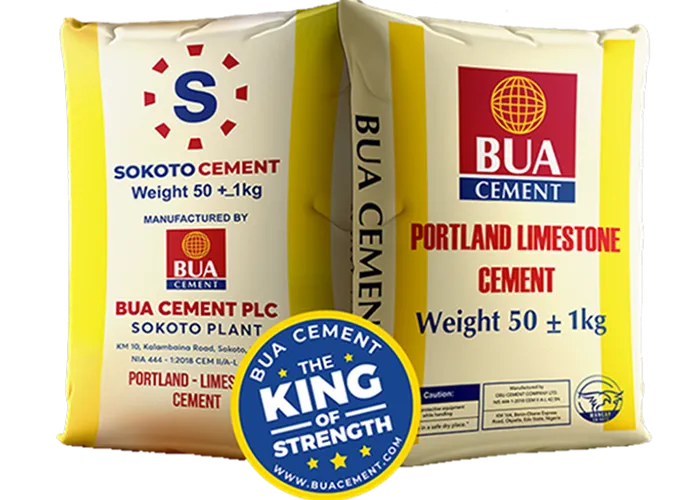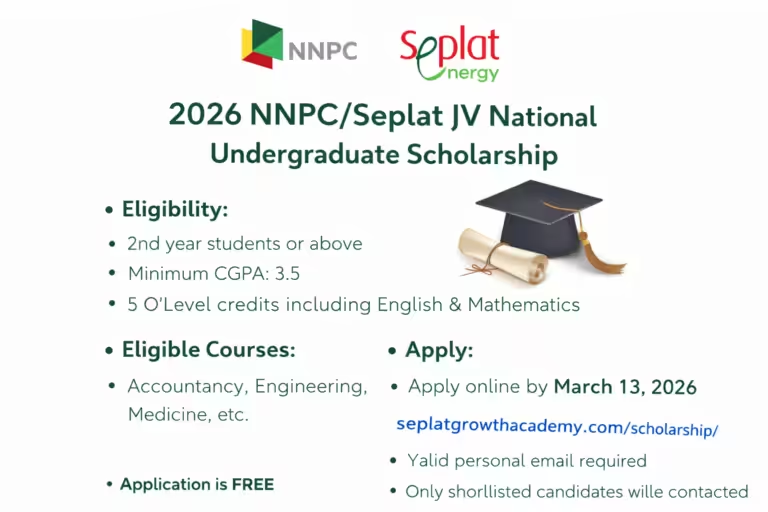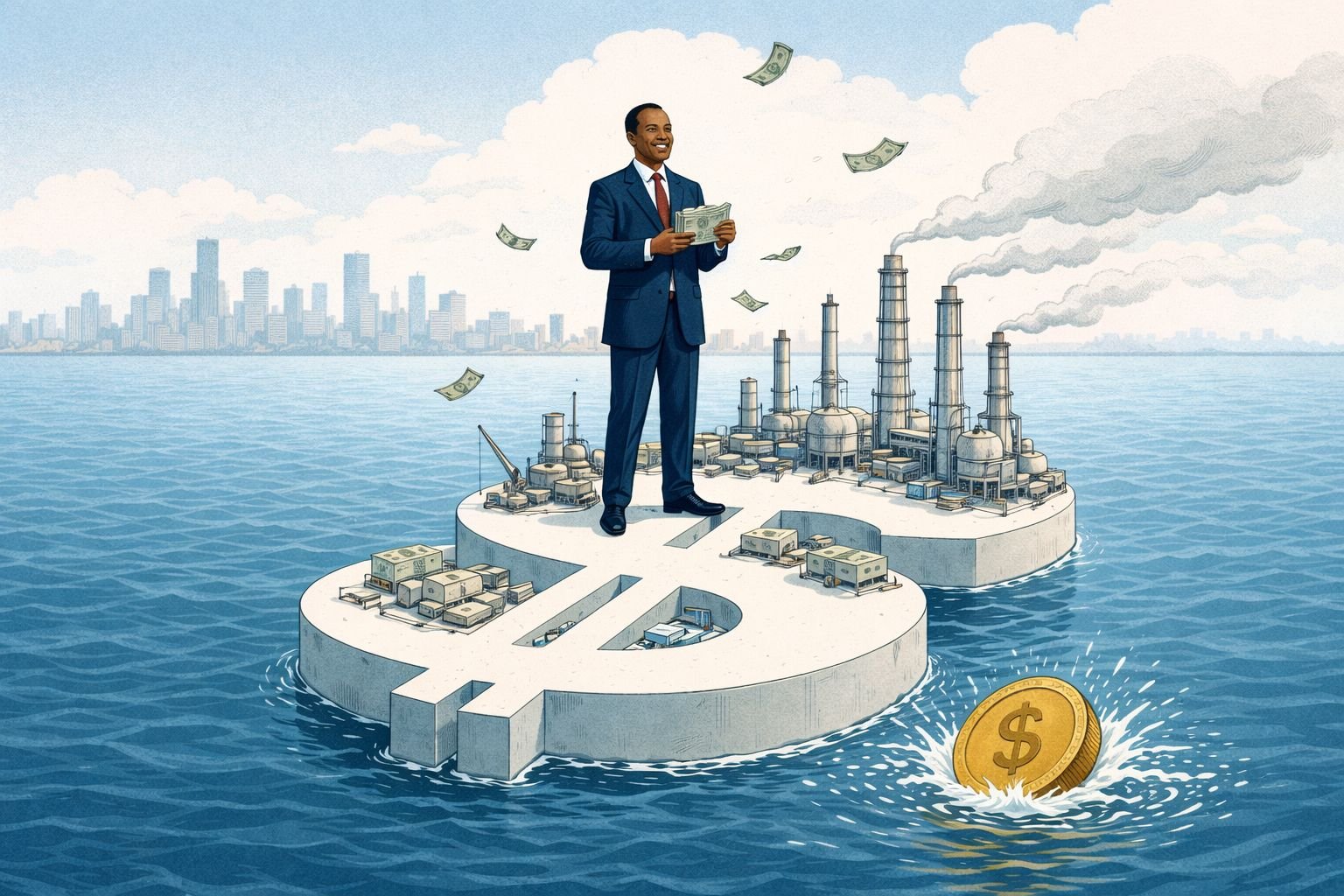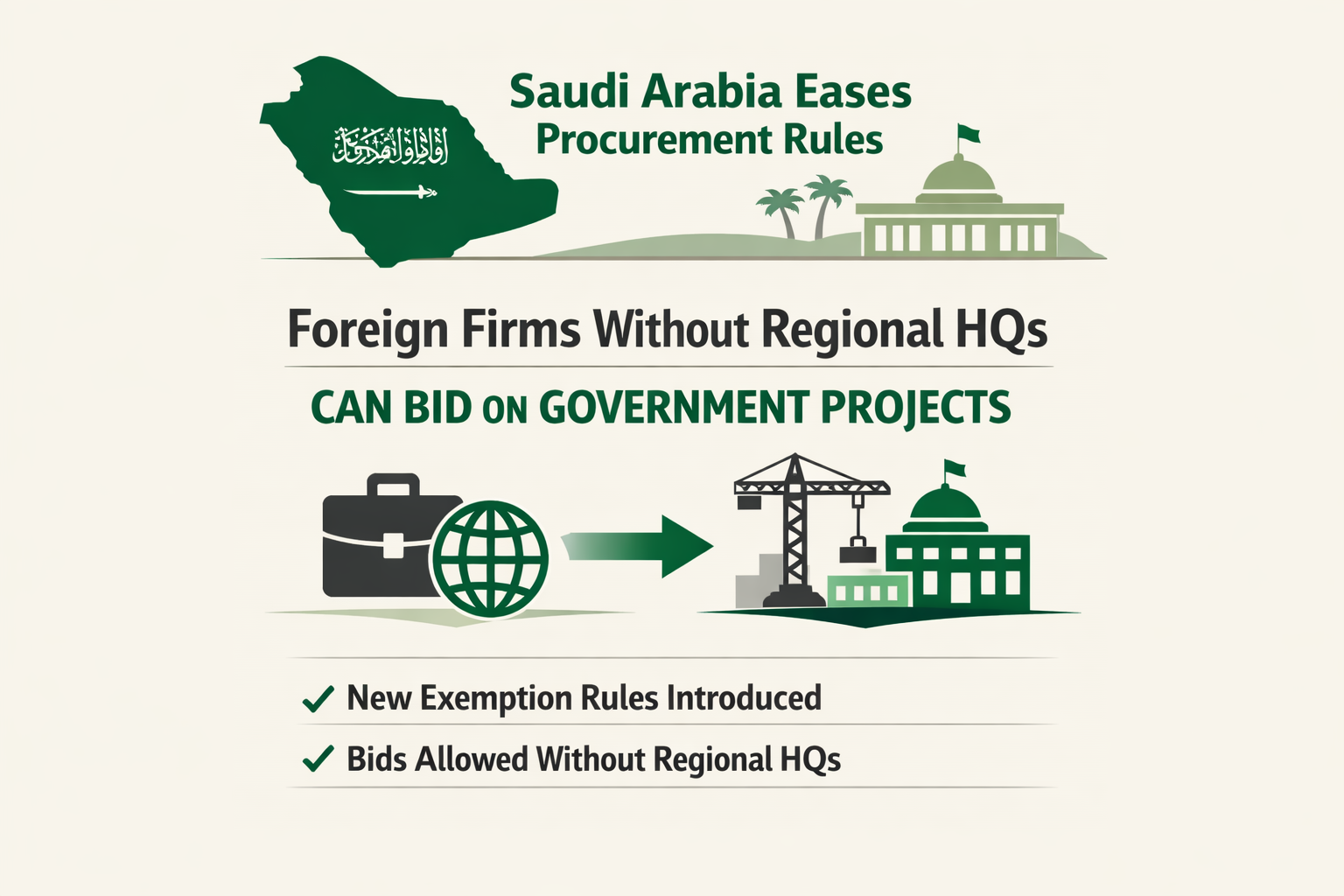BUA Cement Plc, Nigeria’s second-largest cement producer, has reported a sharp rebound in profitability for the nine months ended September 30, 2025, with profit after tax soaring to ₦289.9 billion, nearly five times the ₦49 billion posted in the same period last year.
The surge was powered by significant foreign exchange gains, tighter cost management, and steady cement demand across Nigeria.
The company’s unaudited results showed a ₦21.6 billion foreign exchange gain in the period, reversing a ₦57.4 billion loss recorded in 2024, as a stronger naira and reduced dollar liabilities improved net finance costs.
BUA’s management said the gains were crucial in cushioning the impact of high energy and maintenance costs.
Revenue rose 47.2% year-on-year to ₦858.7 billion from ₦583.4 billion, driven by higher pricing and stable volumes in the domestic market. Gross profit jumped 137.4% to ₦429.3 billion, while operating profit surged 165.4% to ₦365.6 billion, reflecting the firm’s success in maintaining strong margins despite inflationary pressures.
Profit before tax increased 448.3% to ₦338.6 billion, while earnings per share leapt to ₦8.56 from ₦1.45 in the same period last year.
This exceptional performance underlines BUA Cement’s ability to protect profitability through operational discipline and improved efficiency rather than volume expansion.
Third-Quarter Snapshot
In the third quarter alone, BUA Cement posted ₦278.4 billion in revenue, a 26.9% year-on-year increase, while profit after tax jumped to ₦109 billion compared to ₦14.7 billion in Q3 2024, a massive 640% rise.
Operating profit for the quarter rose to ₦120.2 billion, up from ₦55.9 billion a year earlier.
Energy costs climbed 14.6% to ₦35.5 billion in Q3, reflecting the sector’s ongoing exposure to high fuel prices and logistics challenges. However, improved pricing, cost discipline, and production efficiency helped offset these pressures, keeping profitability on track.
Efficiency Gains Cushion Rising Costs
The company’s cost of sales rose modestly by 6.7% to ₦429.5 billion, far below its 47% revenue growth rate , a sign of strong cost containment.
Selling and distribution expenses climbed 78% to ₦47.5 billion due to higher haulage and logistics costs, while administrative expenses increased slightly by 5.5% to ₦17.4 billion.
The earnings before interest and tax (EBIT) margin expanded sharply to 42.6% from 23.6% last year, showing improved operational leverage.
Energy and raw materials accounted for about 40% of total production costs, but gains in efficiency and process optimization limited their drag on overall performance.
Balance Sheet and Cash Flow
BUA Cement’s balance sheet remained resilient, with total assets rising 4% to ₦1.63 trillion as of September 2025. Cash and bank balances nearly doubled to ₦154.8 billion from ₦84.7 billion a year earlier, supported by higher cash generation from operations.
Borrowings fell slightly to ₦472.8 billion from ₦493.1 billion, keeping leverage moderate. Net cash from operations hit ₦221.1 billion, reflecting the firm’s strong underlying profitability and prudent capital management.
During the review period, BUA Cement paid ₦69.4 billion in dividends, or ₦2.05 per share, reaffirming its pledge to reward shareholders. The company’s ownership remains tightly held, with founder Abdul Samad Rabiu and BUA Industries Limited jointly controlling over 95% of issued shares.
This concentrated structure has allowed for long-term strategic focus, particularly in expansion, logistics, and production efficiency, which have become key competitive advantages in Nigeria’s challenging cement market.
CEO Comments
“Despite the inflationary pressures on input costs, we have maintained a strong focus on operational efficiency and cost optimization, Our strategy remains centred on sustaining our production efficiency, strengthening logistics, and supporting the growth of Nigeria’s infrastructure and housing sectors,” said Engr. Yusuf Binji, Managing Director/CEO of BUA Cement Plc.
Analysts say BUA’s ability to sustain growth through efficiency rather than expansion provides stability in a volatile macroeconomic environment. However, maintaining profitability through the final quarter of 2025 will depend on controlling energy costs and Nigeria’s exchange rate stability.
Outlook
BUA Cement delivered a record-breaking nine-month performance despite cost headwinds, underscoring its resilience in a high-cost operating environment. The surge in profit, largely driven by foreign exchange gains and disciplined cost management, positions the company for a strong finish to 2025.


























